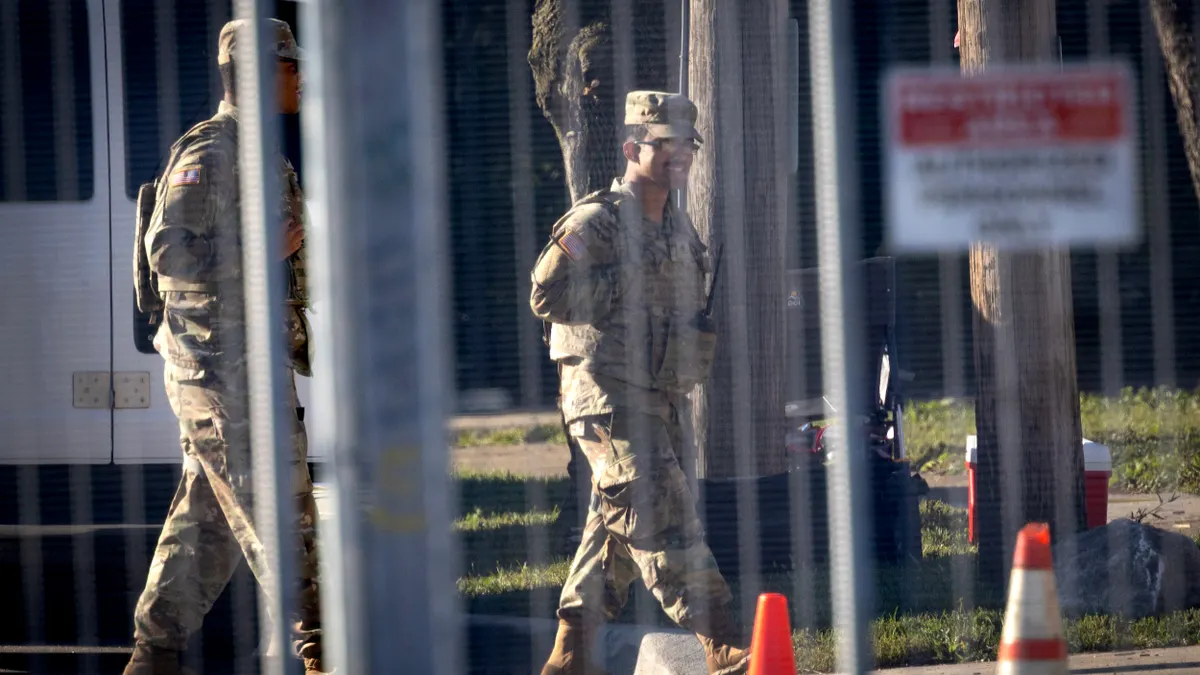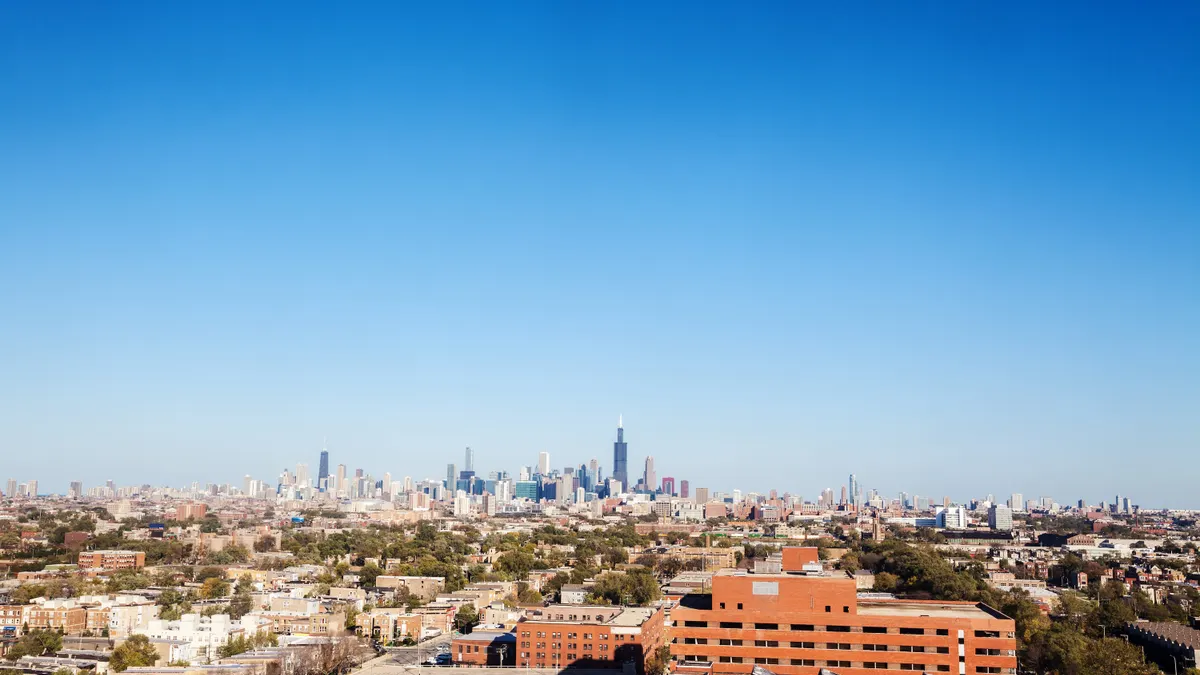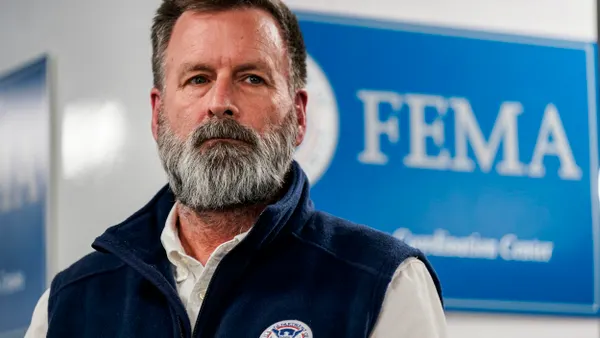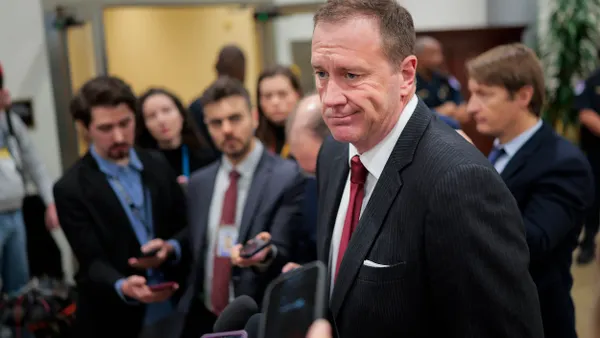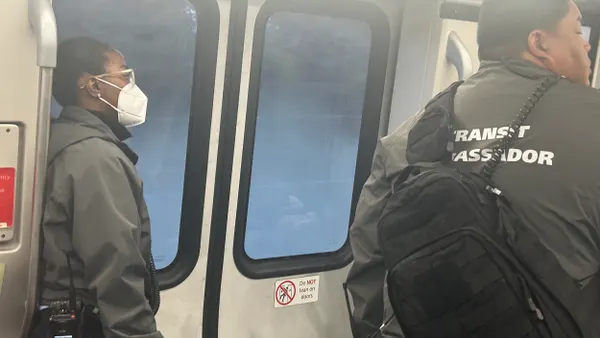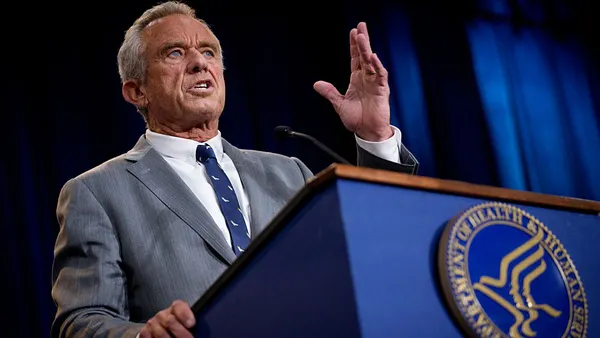As courts review lawsuits challenging the Trump administration’s deployment of federalized National Guard troops to cities — with a Supreme Court ruling expected any day — experts say local officials should prepare for the possibility that their city could be next.
Several legal battles are underway.
California and Oregon: The Ninth Circuit Court has allowed troops to remain in Los Angeles while appeals continue. The court is also reviewing a judge’s decision about Oregon National Guard federalization. However, a separate order blocking Guard troops from any state from deploying to Portland, Oregon, remains in effect.
Illinois: The Seventh Circuit Court refused to let the Trump administration override a court order blocking troop deployments to the state. That order will stay in place until the Supreme Court rules on the Justice Department’s emergency appeal.
Washington, D.C.: A federal judge will hear arguments today in a lawsuit filed by the Washington, D.C., district attorney challenging whether Trump’s ongoing National Guard deployment in that city is legal.
Tennessee: Last week, Shelby County Mayor Lee Harris sued Gov. Bill Lee seeking to stop the Tennessee National Guard from being deployed in Memphis.
This flurry of legal actions “isn’t just day by day — sometimes it’s hour by hour,” said Paul Lucas, associate professor of criminal justice and criminology at East Carolina University. “The situation is moving consistently and rapidly, and essentially what we’re left with is a red light-green light situation.”
The much-anticipated Supreme Court ruling on the Seventh Circuit case may or may not resolve conflicting lower court rulings, Lucas said. Regardless of how the high court rules, “lawsuits are still going to be moving forward.”
Even if the high court decides that Trump’s troop deployment is warranted, questions about how the troops are deployed and the rules of engagement could remain, Lucas said. These include whether troops from other states can be deployed, whether they will be restricted to guarding only Immigration and Customs Enforcement facilities and whether local law enforcement will be tasked with directing them.
“It’s going to be either piecemeal or a blanket ruling, and that’s really going to set the stage for how all of these issues are going to move forward,” Lucas said.
“What if it happens to me?”
In the meantime, Lucas said, civic leaders need to be communicating with businesses and community members and working with sheriffs and chiefs of police to prepare for the possibility that troops could be deployed in their cities.
“For public administrators, local leaders and state leaders, this is a great concern financially and constitutionally,” he said. “What I would suggest is a united front — getting everybody on the same page, making sure people know this is a reality, it’s something that may happen.”
Los Angeles Police Chief Jim McDonnell said during a panel at the International Association of Chiefs of Police conference this week that his department was caught off guard when Trump sent National Guard troops to the city this summer.
National Guard troops were “tremendously helpful” during the wildfires in Los Angeles in January, McDonnell said. The relationship changed, however, when they were federalized because California state law prohibits law enforcement from engaging in civil immigration enforcement, “and they were down there in support of that mission.”
“So, they had a mission that was separate from our mission, which caused potential for problems,” McDonnell said.
“You need to be prepared if the National Guard comes into your area,” McDonnell told the police chiefs. “If you’re allowed by your laws to be able to have a mission for them, have a mission for them.”
Because National Guard troops don’t have arrest powers, they must be limited to supplement local law enforcement resources, such as perimeter control at major crime scenes or saturating areas for high-visibility patrol, McDonnell said.
What happened in Los Angeles in June was unprecedented, McDonnell said, and every police chief should have a plan for “what if it happens to me.”
“Oftentimes we all think, Oh, it's not going to happen here,” he said. “And I think many jurisdictions that have seen the enforcement actions felt that way prior to them happening.”



